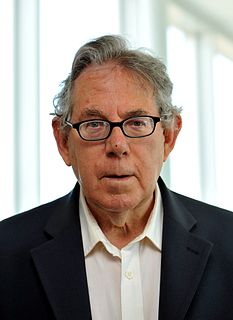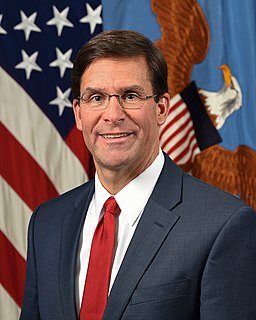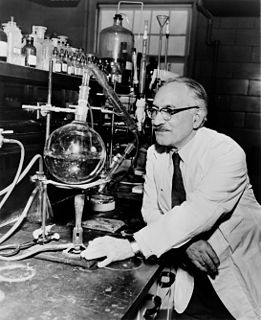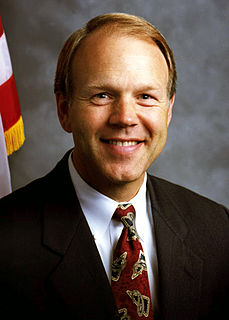A Quote by David Suzuki
Scientists and supercomputers have amplified our ability to look ahead. For decades, experts have warned us that human numbers, technology, hyper-consumption and a global economy are altering the chemical, geological, and biological properties of the biosphere.
Related Quotes
I think the most important work that is going on has to do with the search for very general and abstract features of what is sometimes called universal grammar: general properties of language that reflect a kind of biological necessity rather than logical necessity; that is, properties of language that are not logically necessary for such a system but which are essential invariant properties of human language and are known without learning. We know these properties but we don't learn them. We simply use our knowledge of these properties as the basis for learning.
We need a change in consciousness to go with this technology platform. We need a new narrative: we need to shift from geopolitics to biosphere consciousness in one generation. The biosphere is understood here as what goes from the biosphere to the depths of the ocean 40 miles where all living beings interact with all chemicals to create a very complex choreography that we call "life on earth". That is biosphere that is our indivisible community.
There are some things in the world we can't change- gravity, entropy, the speed of light, and our biological nature that requires clean air, clean water, clean soil, clean energy and biodiversity for our health and well-being. Protecting the biosphere should be our highest priority or else we sicken and die. Other things, like capitalism, free enterprise, the economy, currency, the market, are not forces of nature, we invented them. They are not immutable and we can change them. It makes no sense to elevate economics above the biosphere.
That machines will surpass us in intelligence is inevitable. What it means is unknowable. Will they be sentient? What will they care about in the sense that determines our human motivations? All the theorizing by the experts and non-experts makes for interesting conversations and dramatic headlines, but it's more likely we will be surprised by how our technology develops and how it is used, as we so often are.
The illusion that consumption - and its correlative, income - is desirable probably stems from too great preoccupation with what Knight calls "one-use goods," such as food and fuel, where the utilization and consumption of the good are tightly bound together in a single act or event. ... any economy in the consumption of fuel that enables us to maintain warmth or to generate power with lessened consumption again leaves us better off. ... there is no great value in consumption itself.
Our assaults on the ecosystem are so powerful, so numerous, so finely interconnected, that although the damage they do is clear, it is very difficult to discover how it was done. By which weapon? In whose hand? Are we driving the ecosphere to destruction simply by our growing numbers? By our greedy accumulation of wealth? Or are the machines which we have built to gain this wealth-the magnificent technology that now feeds us out of neat packages, that clothes us in man-made fibers, that surrounds us with new chemical creations-at fault?

































